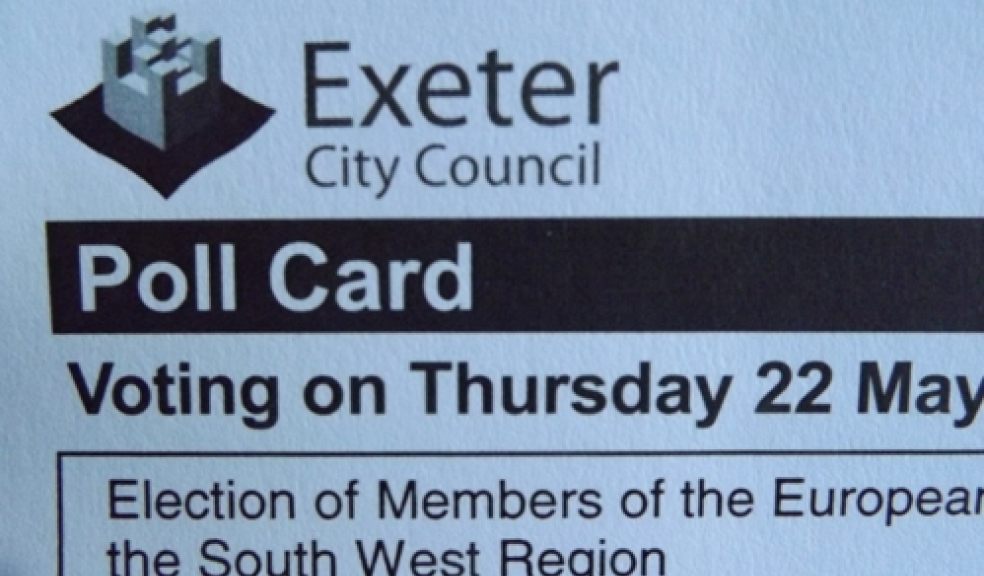
Vote for the Future, Don't Vote for Fear
We seem to pride ourselves on our democracy – that we have occasional opportunities to influence the choice of our leaders, yet we are surely a long way from Abraham Lincoln’s definition of “government of the people, by the people, for the people.”
At best we live in a representative democracy whereby we elect politicians at different levels and lend them our permission or power for a few years to represent our concerns at centres of governance, whether Town Hall, Whitehall or Strasbourg. But this is a limited political process and does not open itself readily to the more participative democratic structures which we really need for an open and just society.
In reality, we live in an oligarchy – a world which is controlled by ruling groups who serve their own interests and those of their paymasters (directly or indirectly). So their nature is to be protective and short-term in outlook, and these groups can be deeply interwoven with vested economic profit-making. They are averse to looking at longer term visions and asking deeper questions, and their political perspectives are therefore narrow and superficial. Various parties vie for attention with promises of tweaking the system to the benefits of their voters. The ‘common good’ is almost always ignored in the face of modern tribal advantage.
This contrasts fundamentally with some of the huge environmental and ecological challenges of our time. Pollution, climate change, loss of biodiversity, for example, do not recognise human boundaries of country or community. Political expediency for the present dictates against the needs of future generations, but decisions about global resources have to be made from a long-term perspective.
Such a tension takes us to the heart of the crises facing our planet. Those with power wish to maintain this position for themselves and do so by promising material gain for the current generation, which then effectively leaves a worsening legacy for the future. Not only will our grandchildren (and their grandchildren) have fewer natural resources, they will also have more environmental damage and destruction to repair.
We live in a broken world (some would use the word ‘corrupt’, which means the same) which requires healing and preservation. This is the principal role of the Green Movement and Earth-centred organisations – to challenge assumptions, to re-structure society and replenish the globe. Yet these aims should also be the task of faith communities whose beliefs call them to build a caring and just society, respecting all life. The Jews traditionally call this ‘tikkun olam’ - repairing the world or mending brokenness.
Jesus of Nazareth offered a lot of critical comment about the oligarchies or elite groups of his day. The Scribes, Sadducees, Herodians and others who exerted their own political control to their own advantage and to the detriment of the poor and excluded. These self-styled elites had also lost touch with the Land and the natural rhythms of the Earth outlined in the Torah, and faced with a brutal Roman occupation pursued their own narrow agendas – not the health of the whole community (human and non-human).
So let’s learn from the lessons of history. We need to build truly democratic institutions, not ones which benefit a few and who then pass on crumbs to the many. This means asking more radical questions of all those who stand for public office. Let us vote not for ourselves but for the life of this world to come. May we vote always, not because we are fearful, but because we are faithful…
This article first appeared in Devon Churches Green Action News, May 2014



















